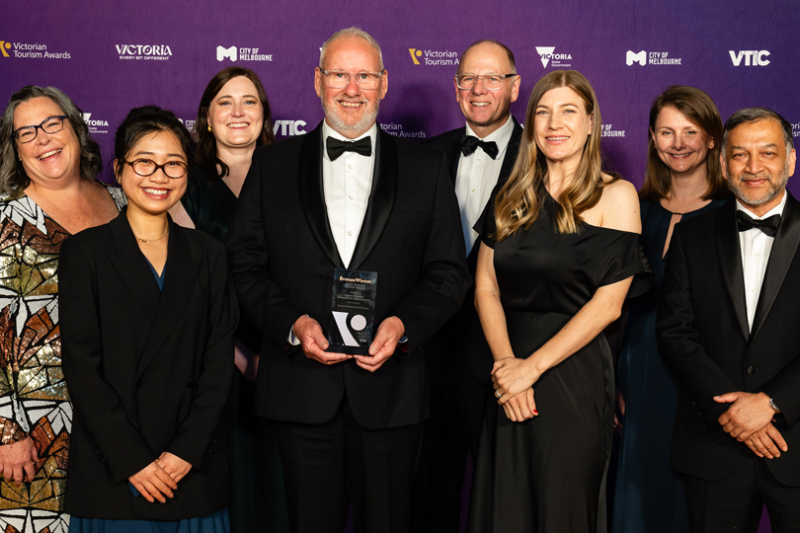Shaping attitudes

The documentary film Embrace was released in Australia in 2016 and has since been distributed in over 190 countries on Netflix and iTunes. The film explores the journey of Taryn Brumfitt, whose body-positive social-media post started the global Body Image Movement, impacting millions of people around the world.
New research focusing on the impact of the film on 1429 women aged between 18 and 77, #ihaveembraced: a pilot cross-sectional naturalistic evaluation of the documentary film Embrace and its potential associations with body image in adult women was published this week in the online journal SpringerLink.
The study’s lead, Associate Professor Zali Yager, from the Institute for Health and Sport at Victoria University, said:
“We found that women who had seen the film were much more likely to report appreciating their body, and, in some cases, the film had prompted some really major and positive shifts in their lives that the women said contributed to their well being.”
Study co-author Dr Ivanka Prichard, Senior Lecturer in the College of Health and Nursing at Flinders University, adds: “It’s fabulous to see a film of this nature build awareness about body image around the world, and really be a catalyst for women starting to change the conversations they have about their bodies.”
Taryn Brumfitt, who created the film, has now moved on to crowdfunding Embrace Kids, and to collaborate with the researchers to develop a documentary aimed at improving children’s body image.
“After attending a number of Q&A screenings of Embrace in high schools, it became apparent that showing the film to teenagers was almost too late to make a lasting impact. Despite the research supporting the positive impact of the film, I knew we needed to embed the embrace philosophy earlier, helping 8-12 year olds to build a foundation of values based on who they are, what they do and how they feel as opposed to what they look like.”
Dr Laura Hart, from the School of Population Health at the University of Melbourne, who specialises in teaching parents about how to develop positive body image in children in her Confident Body, Confident Child program, says “this research is important in showing us that documentary films are a useful and powerful force for good in changing body attitudes.”



